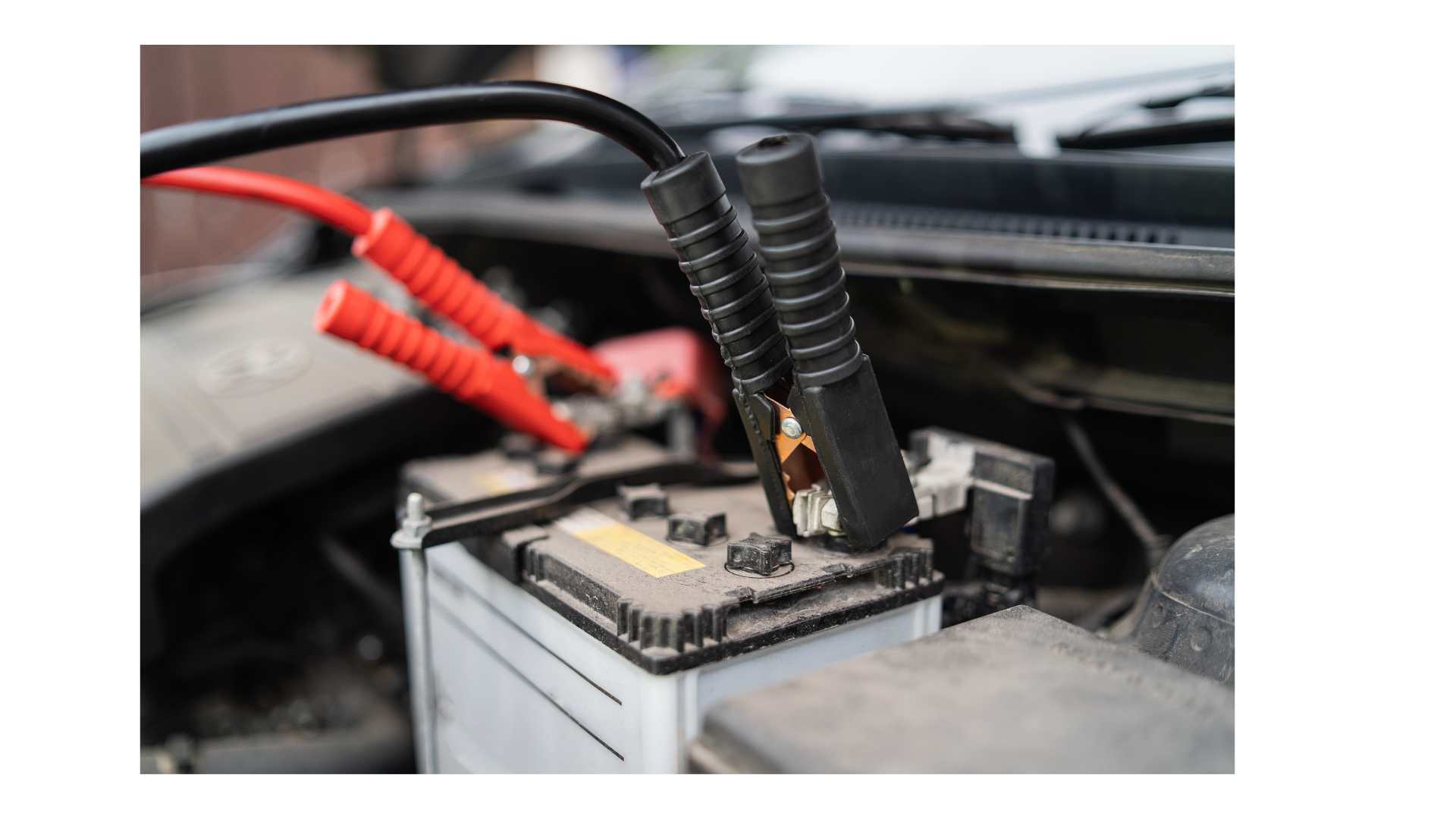

Car Battery Services in Orangeville, ON

Understanding and Maintaining Your Car Battery
Is your car failing to start due to a dead battery? Being stranded with a dead battery can be a frustrating and inconvenient experience.
The Role of a Car Battery: The primary function of an automotive battery is to deliver an electric current to the starter motor, initiating the internal combustion engine. This process enables the car to operate. Once the engine is running, the battery continuously supplies power to the vehicle's electrical systems, with the alternator managing the battery's charge as needed. Dead batteries can be problematic as they are crucial for vehicle operation.
Key Specifications of Car Batteries: Car batteries are categorized based on physical characteristics, terminal placements, and mounting styles. Understanding these specifications can help you choose the right battery for your vehicle:
Amp-hours (Ah): Measures the battery's energy storage capacity.
Reserve Capacity (RC) Minutes: Indicates the battery's ability to sustain an electrical load. Group Sizes: Specifies the physical dimensions of the battery, including length, width, and height.
How Car Batteries Work:
A car battery converts chemical energy into electrical energy, providing the necessary voltage to power the vehicle. Beyond starting the engine, the battery stabilizes the voltage to keep the engine running and powers essential electrical components such as headlights and indicators.
Battery Lifespan: Typically, a car battery lasts between 3 to 5 years, though factors like extreme temperatures and infrequent use can affect its longevity.
Recognizing signs of a failing battery can prevent unexpected issues:
Slow Engine Cranking: Difficulty in starting the vehicle indicates a weak battery.
Engine Light: A warning light may signal a weak battery or related issues.
Low Battery Fluid: Regularly check and refill the electrolyte level if necessary.
Deformed Battery Case: Overheating can cause the battery to swell, indicating the need for replacement.
Unpleasant Odour: A smell of rotten eggs suggests a leaking battery that needs attention.
Impact of a Weak Battery: A weakening battery puts extra strain on other components like the charging system and starter solenoid, leading to further potential damage. Signs of alternator issues, such as flickering lights and persistent starting problems, should be addressed promptly to avoid battery failure.
Maintaining Your Car Battery: Proper maintenance can extend your battery's life and performance
Clean the Cables: Remove corrosion and ensure connections are clean. Check Electrolyte Levels: Regularly inspect and refill battery fluid as needed. Monitor Battery Condition: Test the battery's efficiency and replace it if necessary.
Conclusion: Car batteries are vital for vehicle operation, powering everything from the engine to the electrical systems. Proper care and maintenance, including regular cleaning and monitoring, can extend the battery's lifespan and ensure reliable performance. If you notice any issues, it's advisable to consult a professional service like Total Mechanical Services in Orangeville, ON, to address your battery needs.

